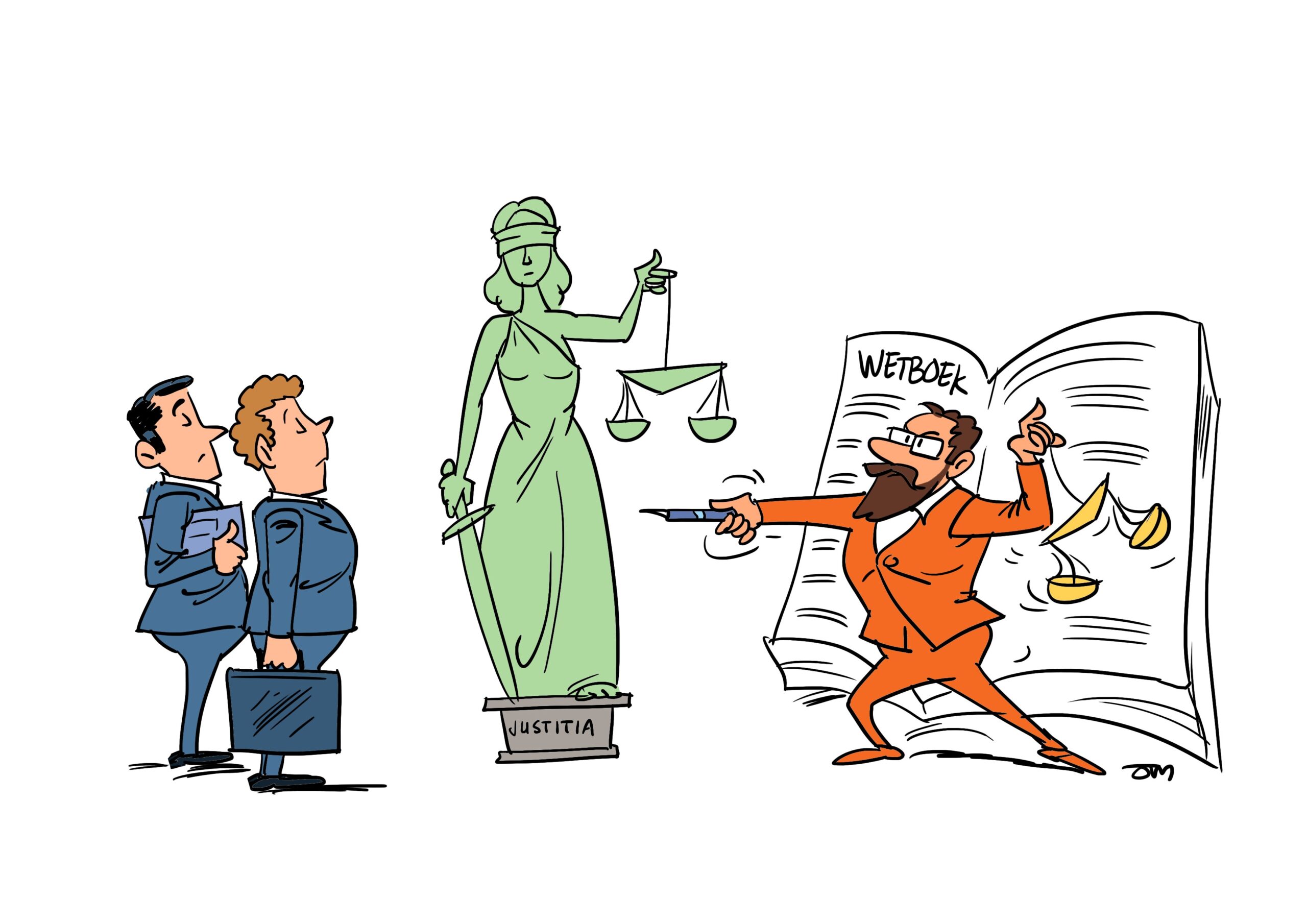The Value Added Tax pan European legislation is a rather rigid legislation. It is this rigid that the Dutch tax office has the opinion that when no supplementation return is filed for a number of years by a VAT entrepreneur, the bookkeeping is most likely incorrect, as the tax office expects mistakes are being made that need to be corrected. What can go wrong?
Invoice requirements
In the VAT legislation a long list of invoice requirements have been set. If the invoice is incorrect, the maximum penalty per incorrect invoice is EUR 4.920. Most of the time the invoice numbers are wrong and in case of 0% invoices the EU VAT number of the client is not mentioned.
Moment of VAT reporting
Invoice date rules. That implies that the invoice is submitted in the VAT return for the period that the invoice was issued, created. The moment when the invoice was actually paid is irrelevant.
Moment of invoicing
A service needs to be invoiced in the period it has been performed. For instance. During the month of December a consultant has worked on hourly basis with a client. The consultant sends his invoice in January. This is incorrect. The service need to be invoiced in December. Within the year this rule also stands.
EU 0% invoicing
If a service is provided to or goods are sold to another EU VAT entrepreneur then this is done at 0%. Among the conditions is that also an intracommunautair reporting is done, via ICP, to the local tax office. The amount of the ICP transaction is later checked by the client to whom the service has been provided or goods have been sold. This client needs to pay in that country the VAT over the invoice amount. If the client is indeed a VAT entrepreneur, the amount due is reclaimed in the same VAT return.
Credit invoice
A credit invoice can only be issued if the debit invoice number for which this credit invoice is issued, is mentioned on the invoice. Some companies that hire non-entrepreneurs, who those companies regard not to be employees issue credit invoices to pay these non-entrepreneurs. This method is incorrect by the simple fact that no debit invoice number exists, hence you cannot meet the credit invoice requirements.
Client does not pay – internal credit invoice is created
In the event a client does not pay your invoice for what ever reason, then you cannot create an credit invoice for this situation. You need to contact the tax office and request for the VAT paid over the turnover to be refunded. Such a request is only honored by the Dutch tax office if a court decision is presented in which either bankruptcy has been imposed or a decision that the client cannot be held to pay the invoice. The reason for this strict method is that although the client might not pay the invoice, the client most likely reclaimed already the VAT on the invoice. By easily crediting such an invoice, the tax office is losing money. In the closet circuit of the VAT system that cannot be the situation.
The VAT rules are equal throughout the European Union. That implies that your EU client cannot complain to you about these rules, as they are the same in your clients country. Complaints can only arise by misunderstanding or not understanding the VAT system. We will be glad to explain the system.






